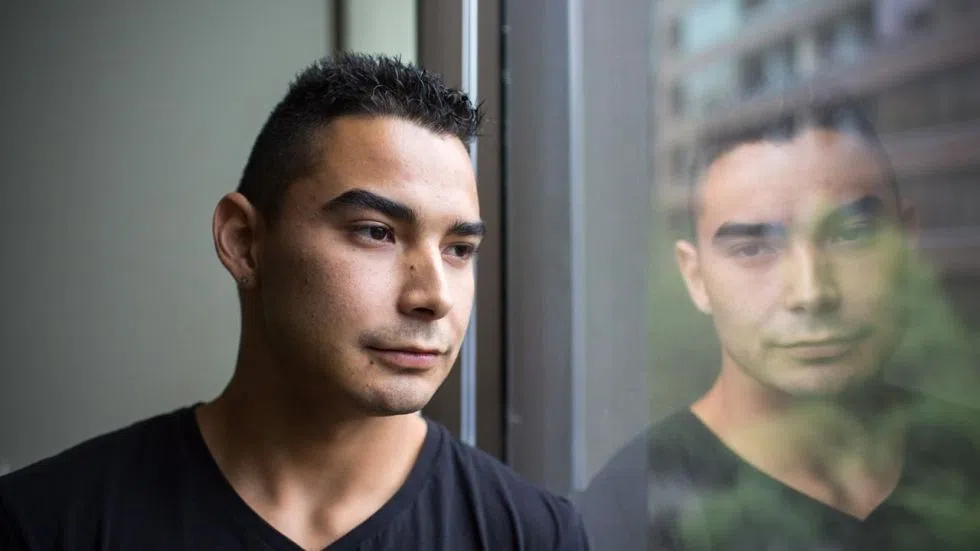
Long-term equitable recovery services needed to manage addiction in B.C.: report
VANCOUVER — When the daily partying, boozing and cocaine binges following high school left him homeless and living in a tent on Vancouver’s Downtown Eastside, Josh McDearmid believed his life would end there.
“I was born into addiction and I thought: ‘This is who I turned out to be and if I die down here, I die down here.’ “
What surprised McDearmid, now 25, was that no one providing the many social services he accessed on the street offered any information about recovery programs as he repeatedly ended up in hospital and suffered withdrawal from alcohol, cocaine and marijuana.
“I would go to the shelters, I would go to the food lineups, I would go to the youth resource centres. They’d see me every day intoxicated and messed up but not once did they ever suggest recovery, like ‘Hey, you should check this out. You need some help.’ “



